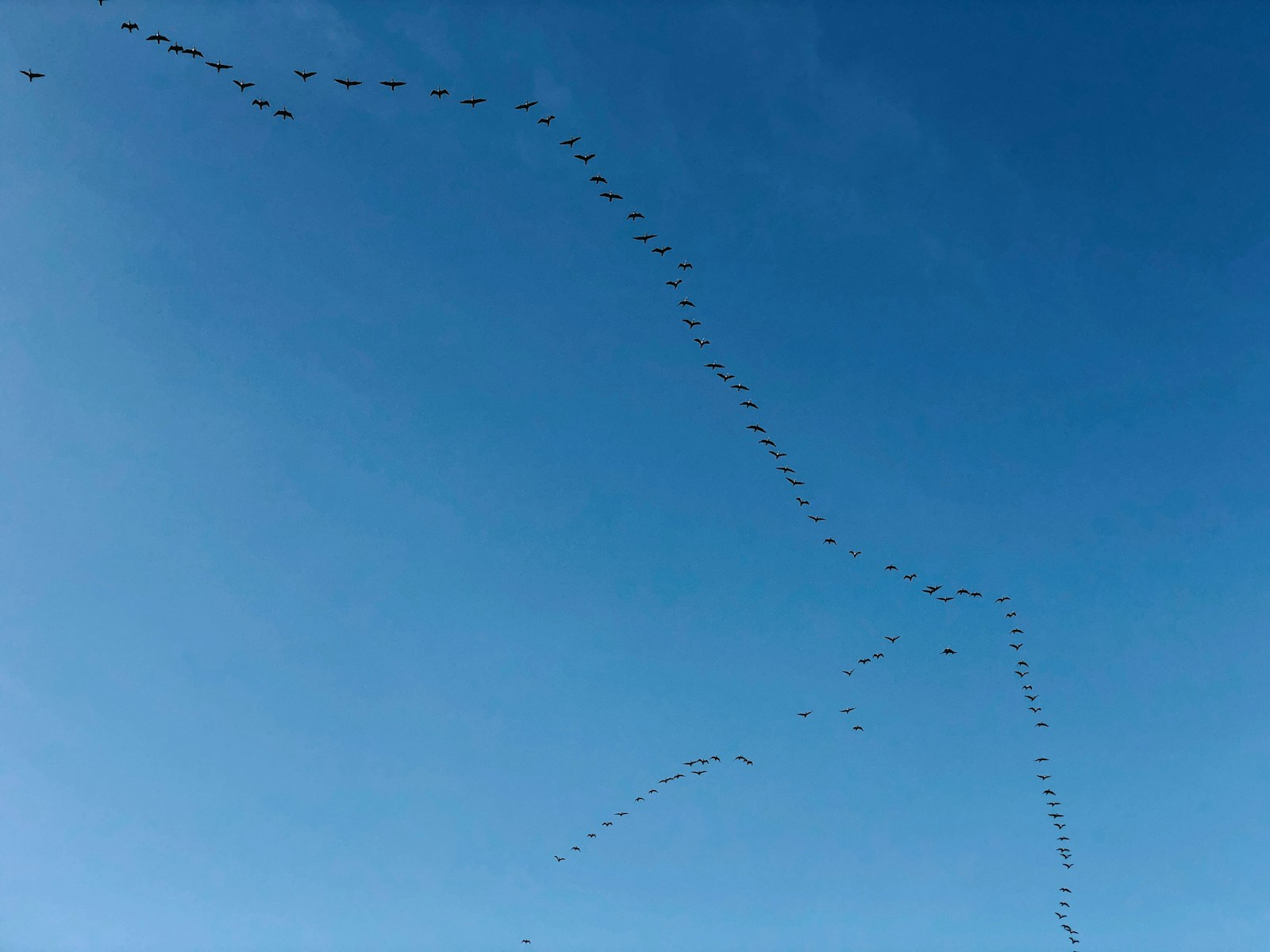
bleu

blue
The French word 'bleu' is used similarly as 'blue' in English language, referring to a color that resembles clear sky. Just like in English, it can also be used to describe feelings, for instance, to express sorrow. You can use it in the same context you'd use 'blue' in English, for painting descriptors, appearances, or moods.
Example sentences using: bleu
Sa voiture est d'un bleu brillant.

Her car is a shiny blue.
In addition to color, we also express the brightness of the color with the word 'brillant'.
Je porte un chemisier bleu.

I'm wearing a blue blouse.
Here, the adjective 'blue' again comes after the noun. The phrase is stating the color of the blouse the speaker is wearing.
Le ciel est bleu aujourd'hui.

The sky is blue today.
This sentence is just a description of today's weather. In French, adjectives like 'blue' come after the noun they describe.
Le drapeau français est bleu, blanc et rouge.

The French flag is blue, white, and red.
The description of the French flag utilizing 'bleu' to describe one of its traditional colors.
Il a les yeux bleus.

He has blue eyes.
In this example, we are stating the color of someone's eyes. The adjective for 'blue' changes to 'bleus' to agree with the plural noun 'eyes'
Le bleu lui va bien.

Blue really suits him.
This sentence expresses the opinion of the speaker that the color blue looks good on the person being referred to.
Il a peint la chambre en bleu.

He painted the room blue.
The speaker describes the action of painting a room in a specific color.
J'aime le bleu du ciel en été.

I love the blue of the sky in summer.
Here, the speaker expresses their appreciation for the color of the summer sky. The adjective 'blue' is used to describe the noun 'sky'.
La mer était d'un bleu profond.

The sea was a deep blue.
Here 'bleu' is used to describe the color of the sea, and 'profond' acts as an intensifier.
J'ai acheté un pantalon bleu.

I bought a blue pair of pants.
This sentence is about purchasing trousers of a certain color. Again, the adjective 'bleu' comes after the noun it describes.